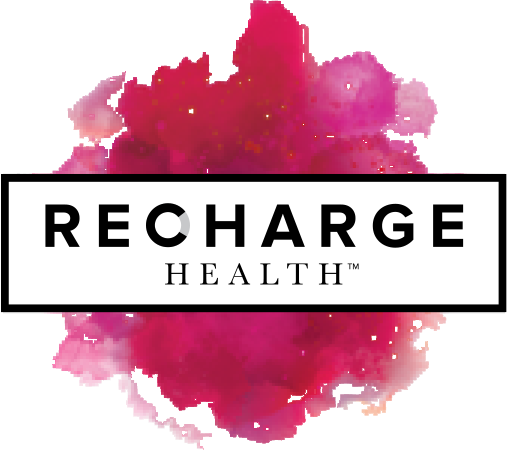the benefits of sleep
Good sleep is essential to good health. There is no work-around for a lack of sleep, or even consistently poor sleep. Although scientists are still learning about the mental and physical benefits of sleep, they know that sleep plays an important role in immune function, metabolism, memory, and learning as well as other vital functions.
THE 5 STAGES OF SLEEP
Stages 1 and 2: Light Sleep
In Stage 1 of sleep, you drift out of consciousness. As your brain activity slows, you become unaware of what is going on around you. Your breathing and heart rate also slow, and your blood pressure and body temperature drop. Although your muscles are relaxed, your eyelids may flutter a bit.
It is all too easy to be awakened during the first stage of sleep. Just the slightest noise or touch could bring you back to consciousness. This is the stage where you might get that odd sensation that you’re falling, ending with your body jerking awake.
The first stage of sleep lasts between 1 and 10 minutes, depending how tired you are. After that, your body slips into Stage 2.
In Stage 2, your body activity and metabolic functions will slow further, your brain activity continues to decrease, and your muscles relax so much that you may begin snoring at this stage.
As your body transitions toward deep sleep, it’s slightly more difficult to be awakened. However, if you do wake, you will be instantly alert. (This is the ideal sleep stage for daytime naps.)
